The Kenya Wildlife Service (KWS) has today unveiled its Strategic Plan for 2024-2028. This reformist blueprint is designed to lay a solid foundation and erect a scaffolding for a new phase of Kenya’s wildlife protection and biodiversity conservation. The Plan aims at amplifying Kenya’s wildlife economy while strengthening partnerships between KWS and its stakeholders. Through the Plan, KWS will
implement various initiatives to enhance the socio-economic potential of wildlife conservation, create
employment opportunities, improve livelihoods and boost Kenya’s foreign exchange earnings.
The Kenya Wildlife Service Strategic Plan 2024-2028 positions Kenya rightfully as a global leader in sustainable tourism committed to establishing the wildlife economy as a vital engine for growth and ensuring that communities benefit directly from our multipronged conservation efforts. Centered around five strategic goals, the Plan, promises to deliver thriving wildlife populations, building resilient ecosystems rich in biodiversity, enhancing community and stakeholder participation, expanding Kenya’s wildlife economy and establishing a robust and high performing organization. It incorporates adaptive management practices that will lead to proactive responses to challenges such as habitat degradation, human-wildlife conflict and illegal wildlife trade.
Speaking at the launch of the Plan, the Cabinet Secretary for Tourism and Wildlife, Rebecca Miano, noted that expanding wildlife economy is crucial in reducing inequalities, enhancing food security and supporting local economies, particularly in rural areas. She pointed out that that goal would be achieved through promotion of consumptive wildlife based enterprises, strengthening of marine reserve management, developing and diversifying tourism
products and improving tourism facility management among other crucial initiatives.
Miano reaffirmed the government’s commitment to harness Kenya’s natural heritage for sustainable development while ensuring that the benefits of conservation are equitably shared among all stakeholders. She highlighted the Plan’s focus on
the wildlife economy as a key pillar with the potential to generate wealth and improve the quality of life for thousands of Kenyans. Previous initiatives aimed at supporting Kenya’s wildlife economy have led to a significant increase in internally generated revenue. The CS commended KWS’s leadership for embracing accountability, resilience, integrity, inclusivity and innovation as core values guiding the organisation into the future. She observed that KWS’s mission to “sustainably conserve Kenya’s wildlife heritage and its habitats for the well-being of nature and people” calls for a resolute commitment to balance conservation endeavours with the pursuit of socio-economic goals.
Miano expressed her appreciation of the KWS Board of Trustees, chaired by Lt. General (Rtd) Walter Raria Koipaton for their guidance in developing the futuristic Strategic Plan. She also acknowledged KWS Director General Dr. Erustus Kanga and his dedicated team for their tireless efforts in advancing Kenya’s conservation agenda. “Their leadership has been instrumental in the successful completion of the Plan, poised to guide KWS for the next five years.”
Meanwhile, the Principal Secretary, State Department for Wildlife, Ms. Silvia Museiya, stated that the Strategic Plan provides platform for reducing biodiversity loss, improving community engagement and ensuring that all Kenyans access the benefits of wildlife conservation. “The plan will enhance the management of human-wildlife coexistence, promote equitable sharing of conservation benefits and implement science-driven approaches to increase wildlife populations and safeguard critical ecosystems,” she noted. Museiya pledged the National
Government’s support in developing well thought through frameworks that will deliver benefits derived from shared and sustainable wildlife resource use, alongside a pledge to review laws and regulations meant to strengthen better coordination
and governance of the wildlife sector.
Kenya Wildlife Service Director General Dr. Kanga, on his part, weighed in on the intentional and transformative bent of the comprehensive
Strategic Plan meant to implement the National Human Wildlife Coexistence Strategy and Action Plan as well as the National Wildlife Climate Change Adaptation Strategy. He said that these initiatives, once enacted, would, deliver resilience and sustainability to Kenya’s wildlife heritage for the benefit of future generations.

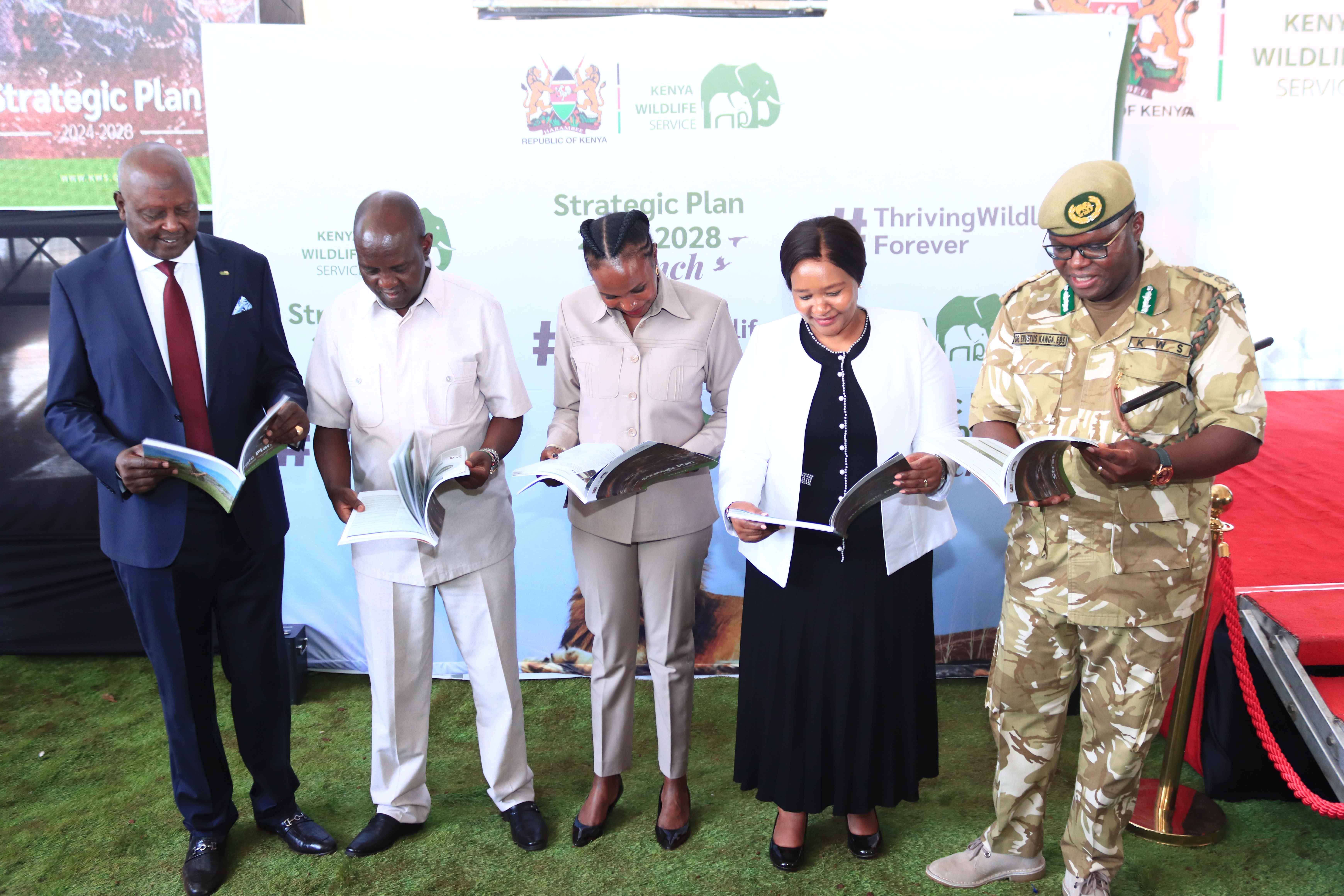
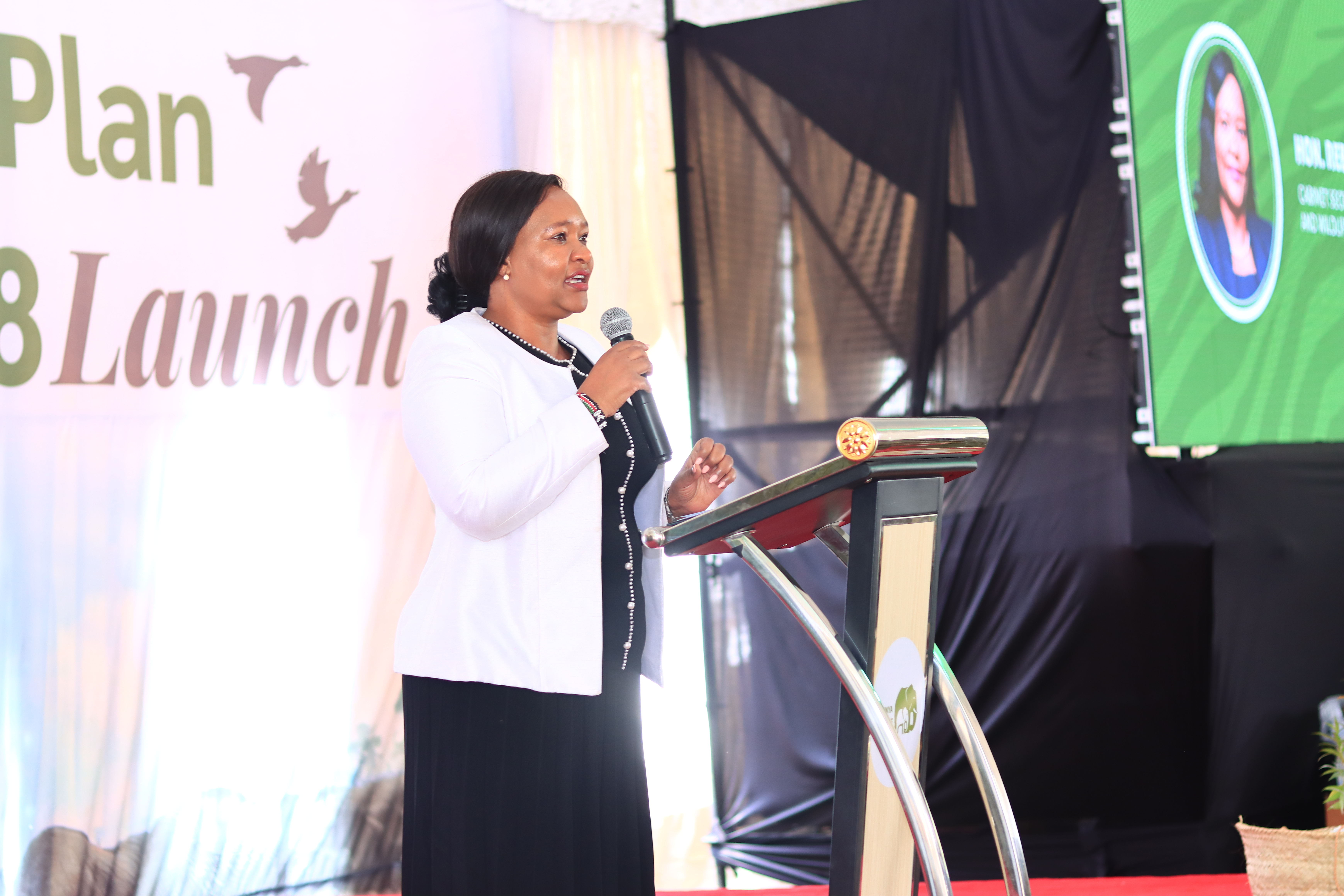

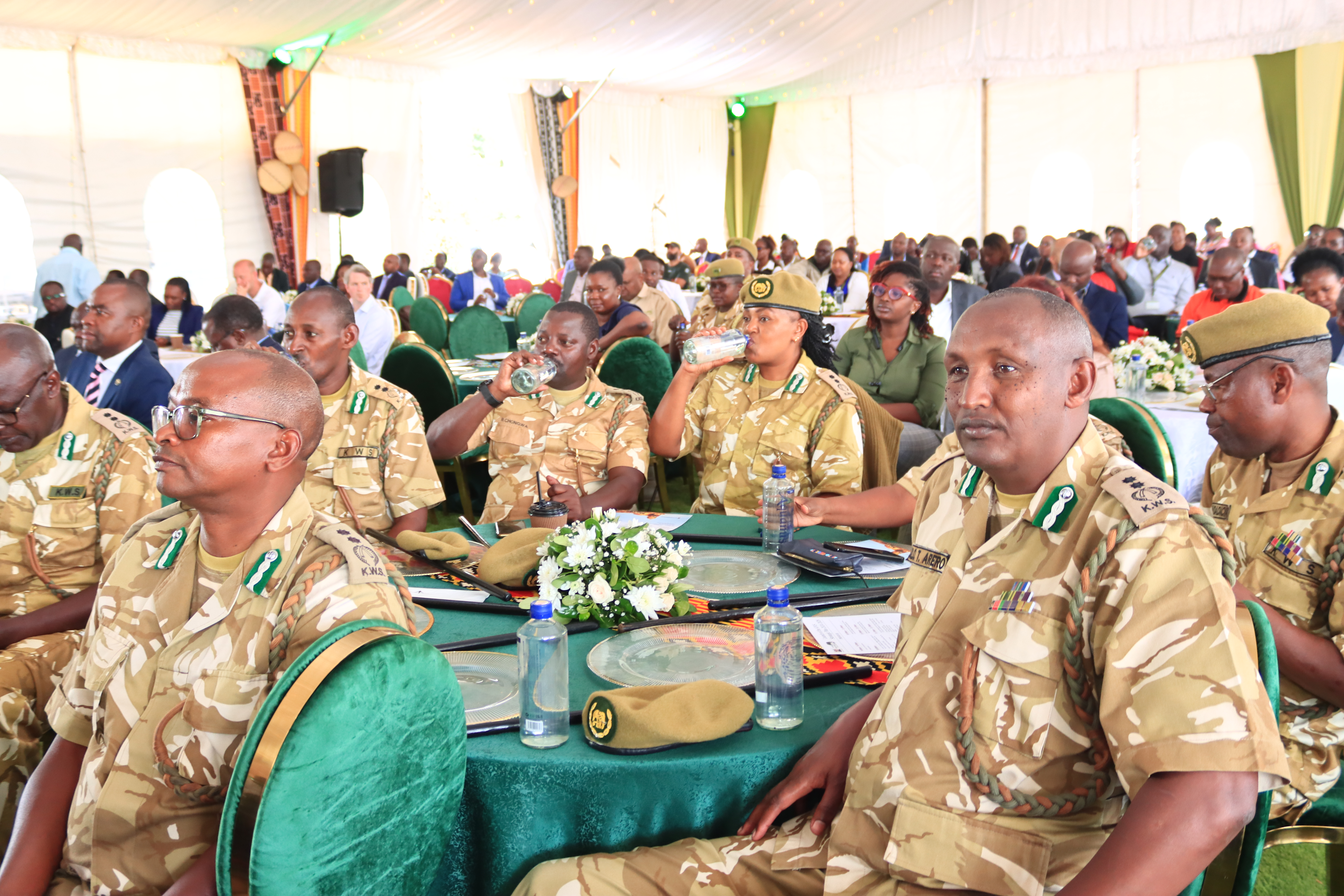
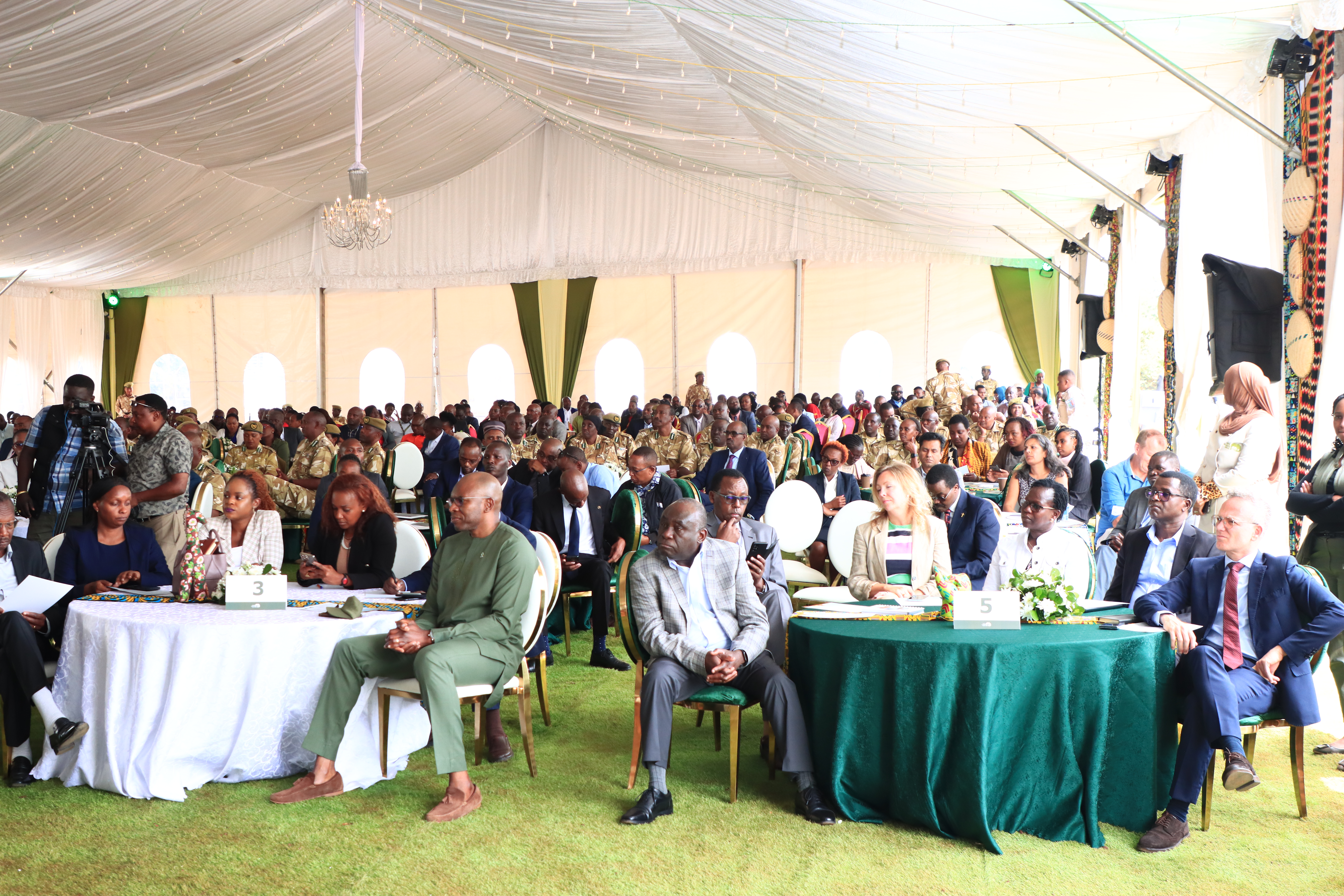
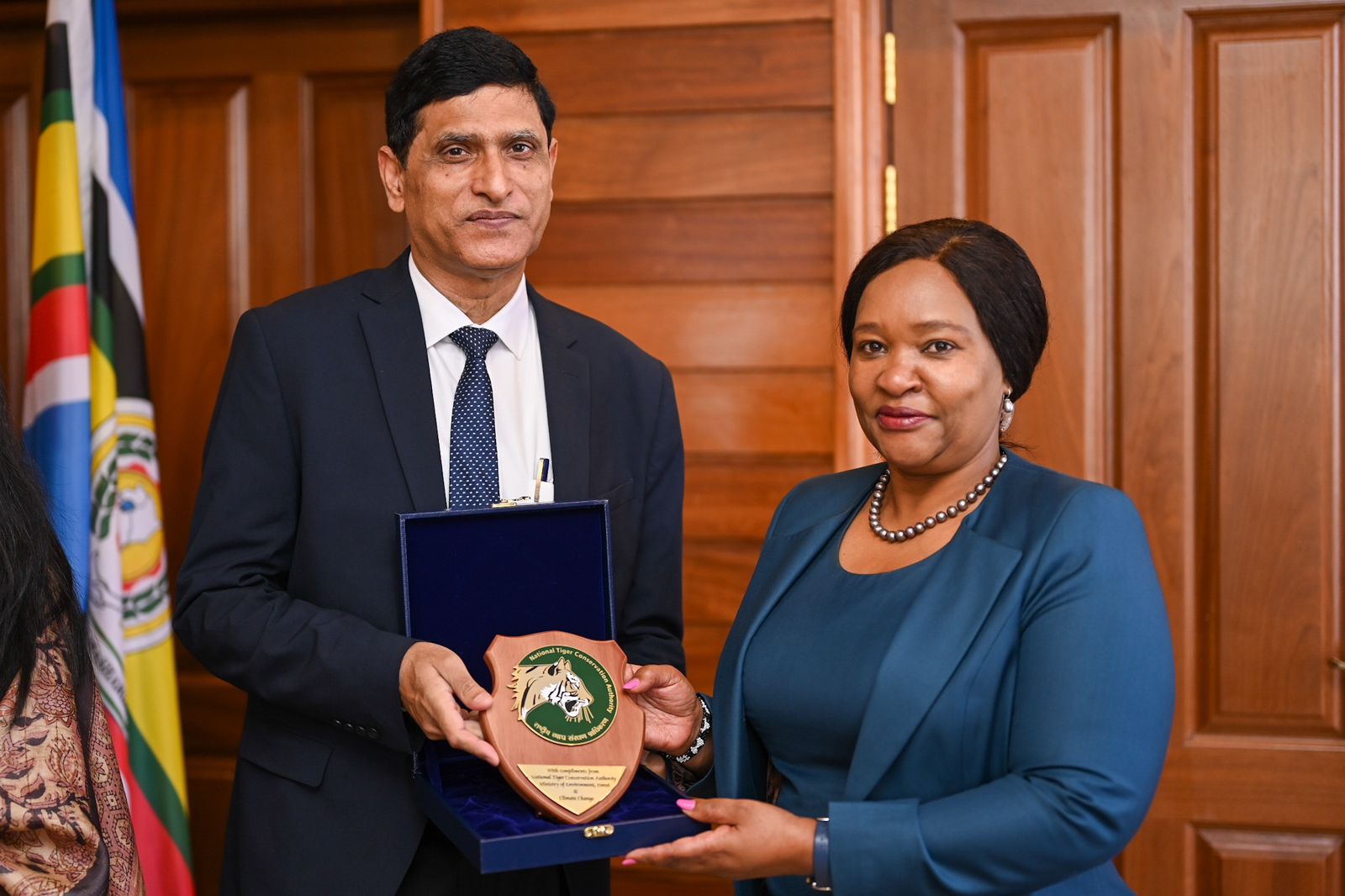



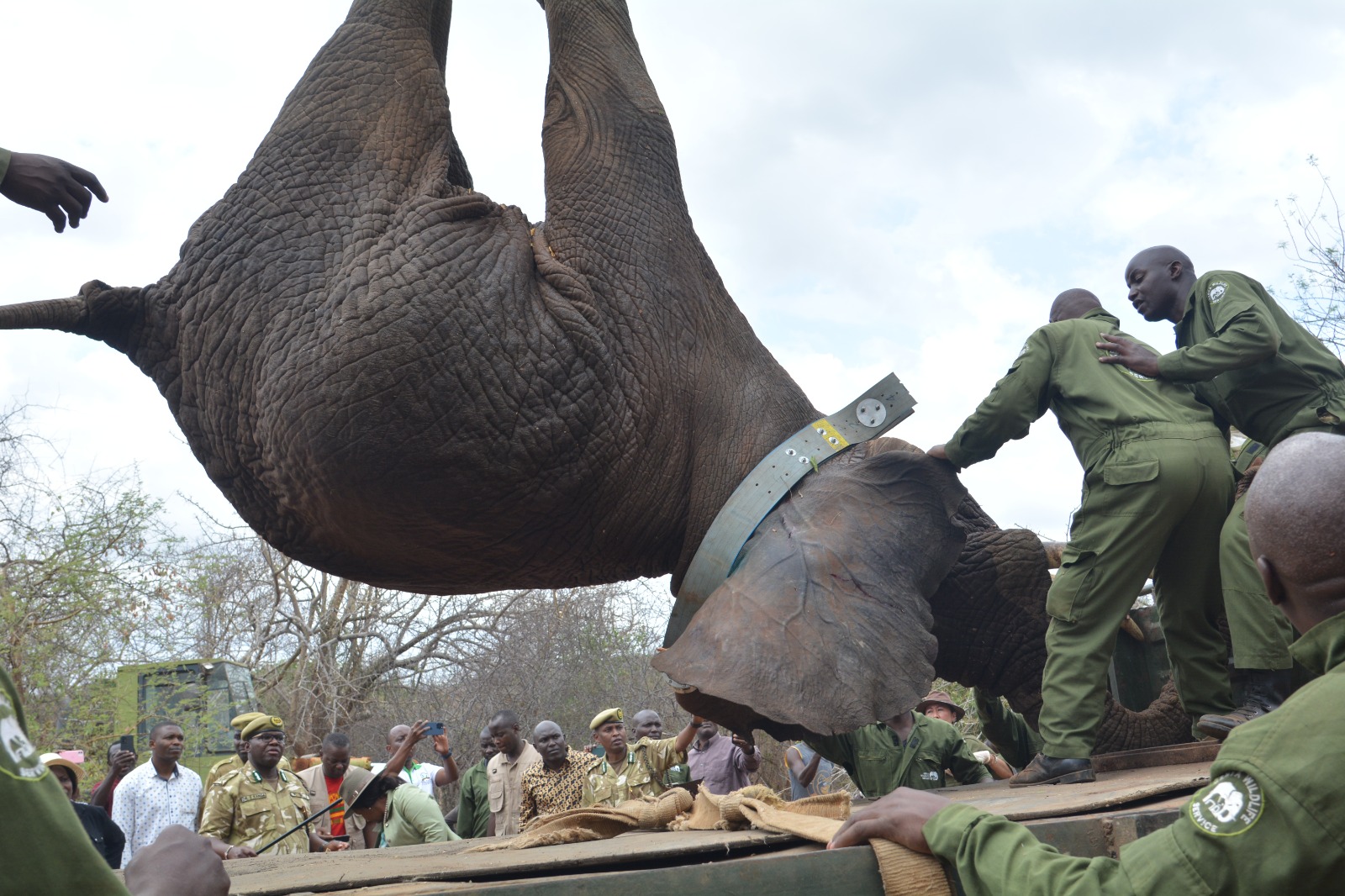
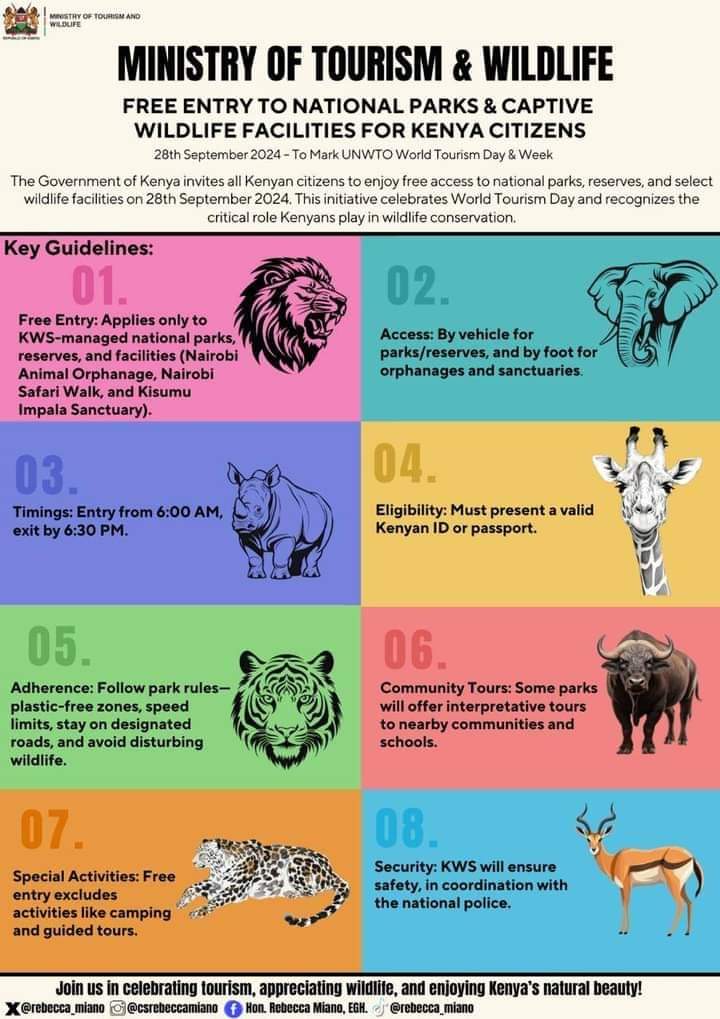
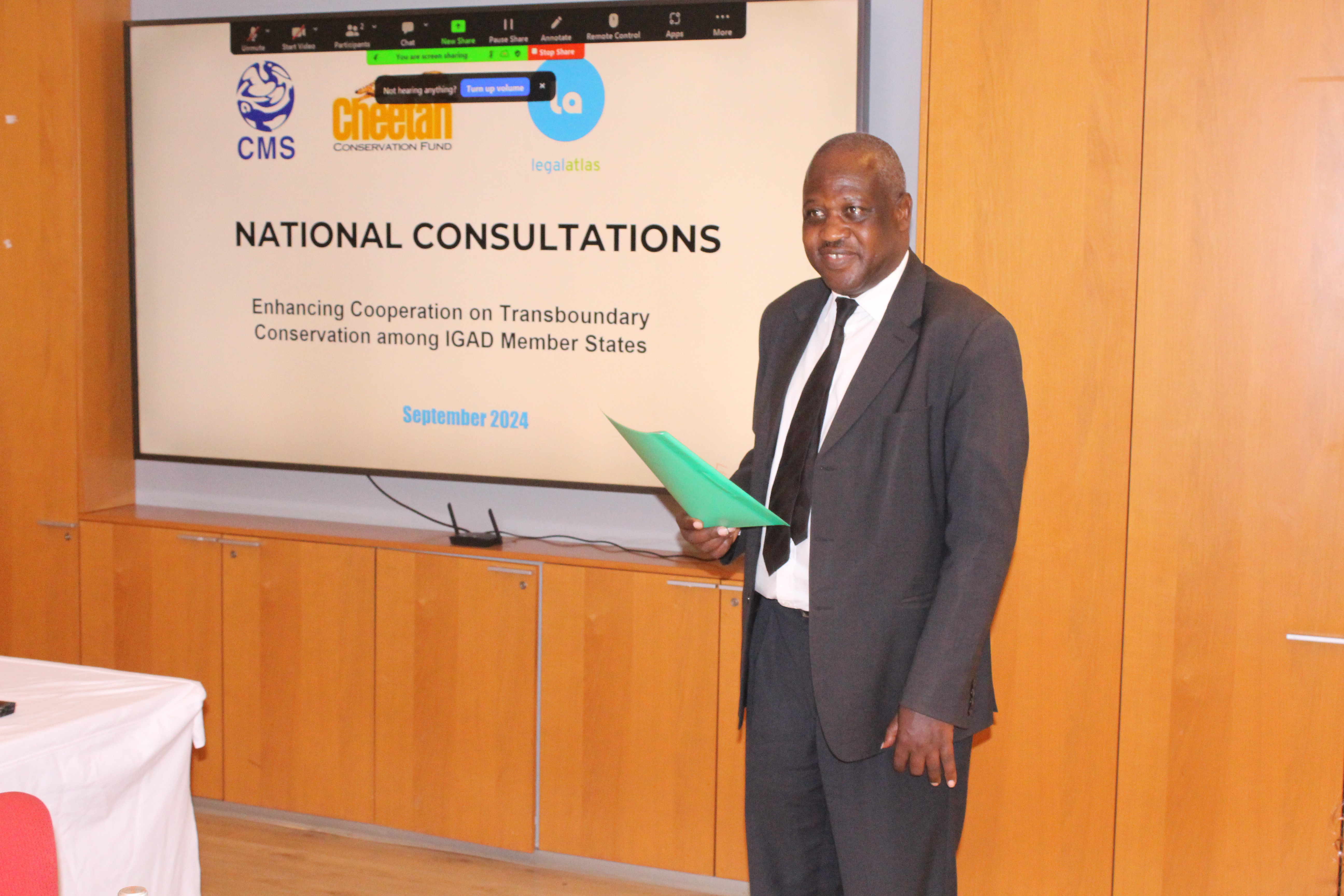
Leave A Comment